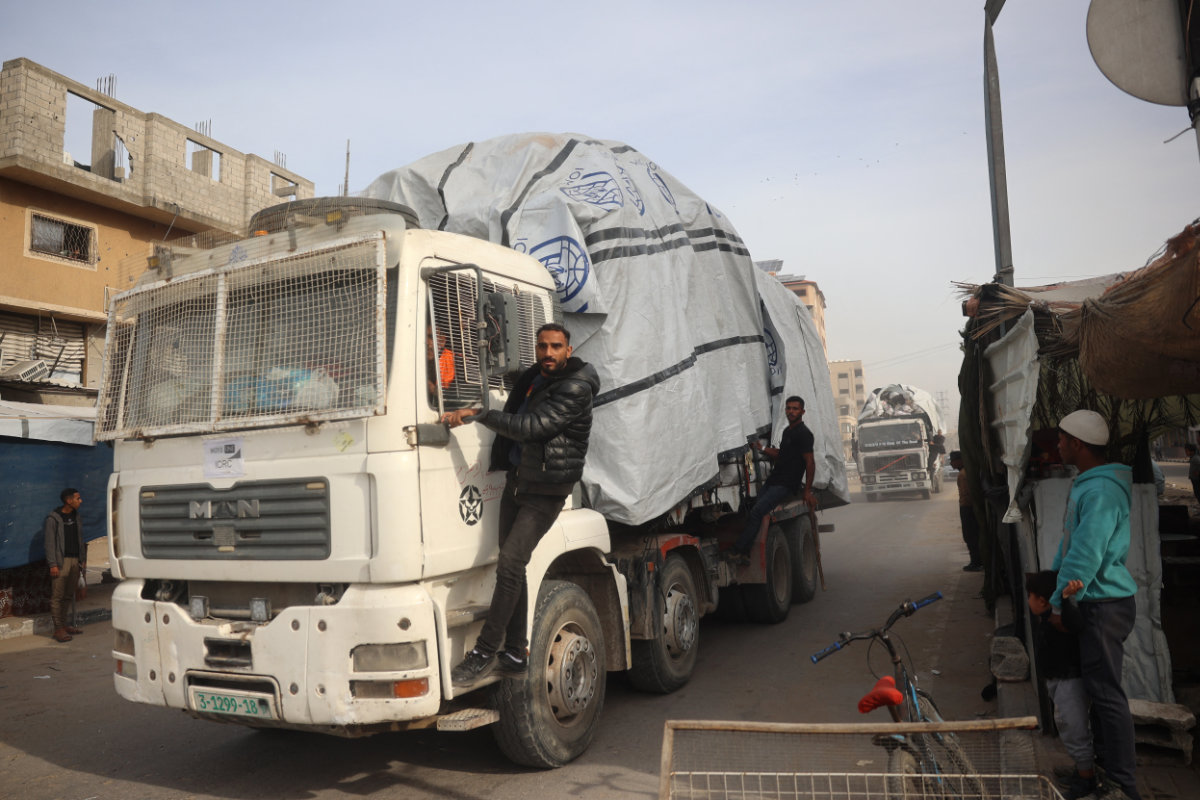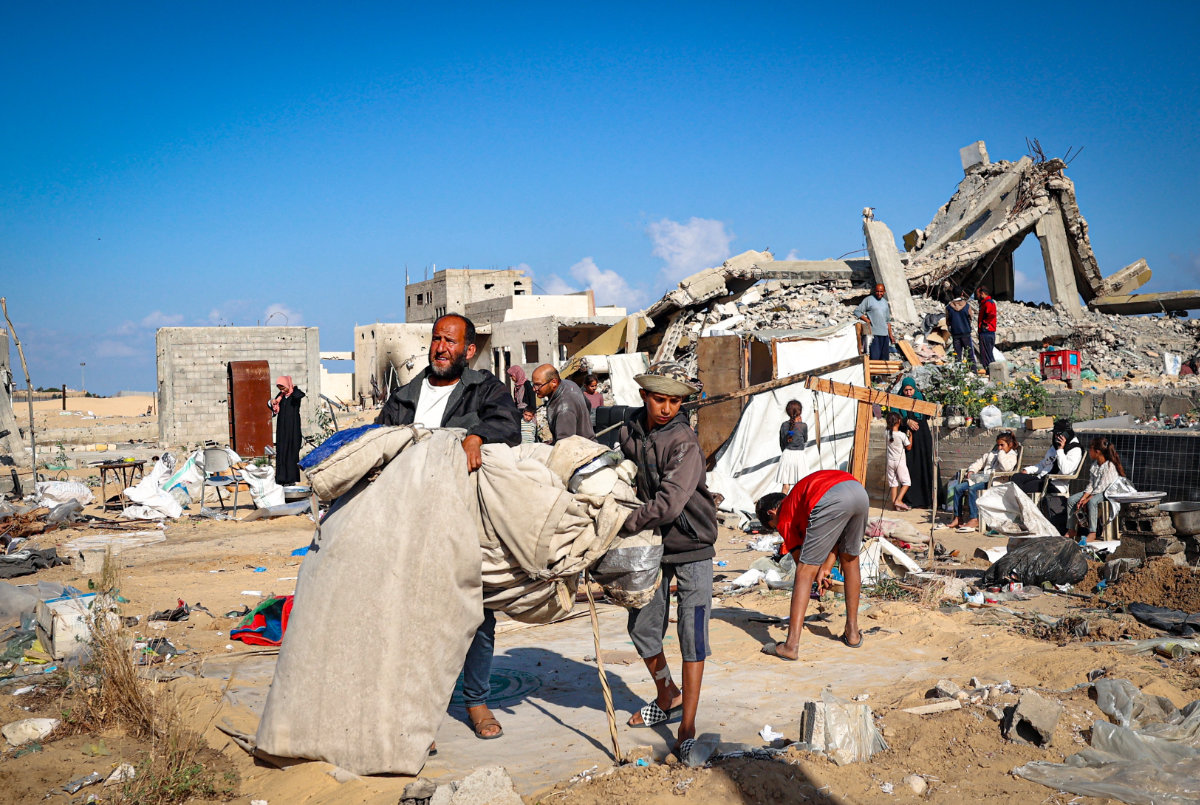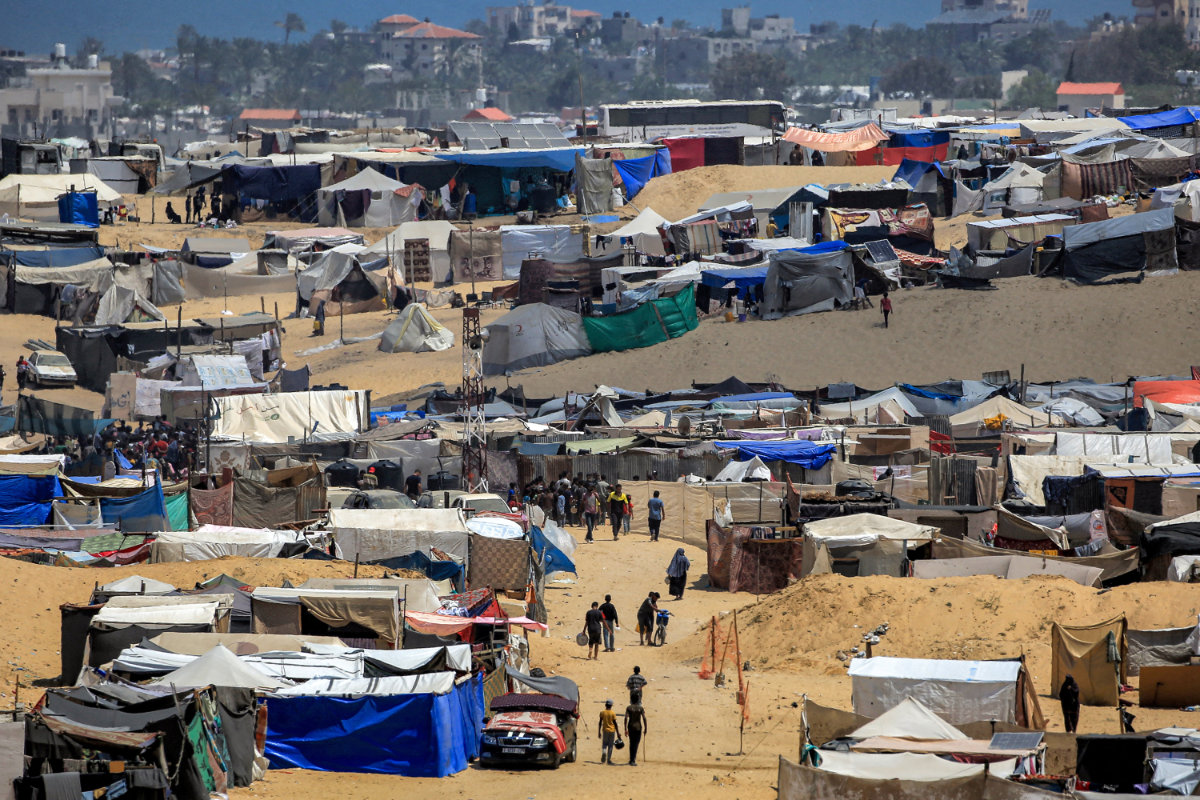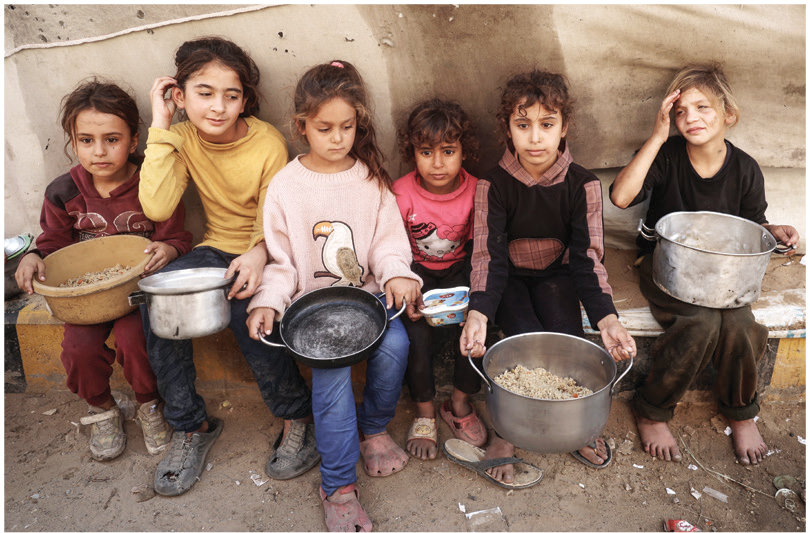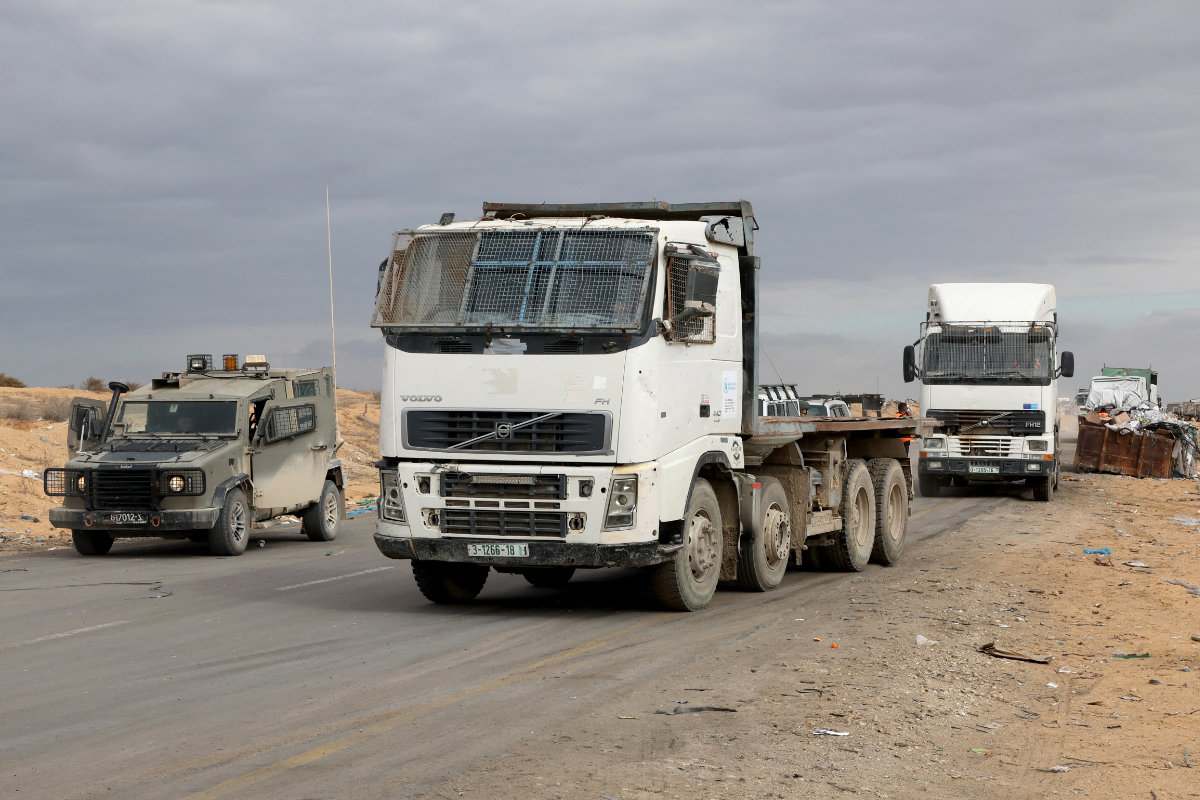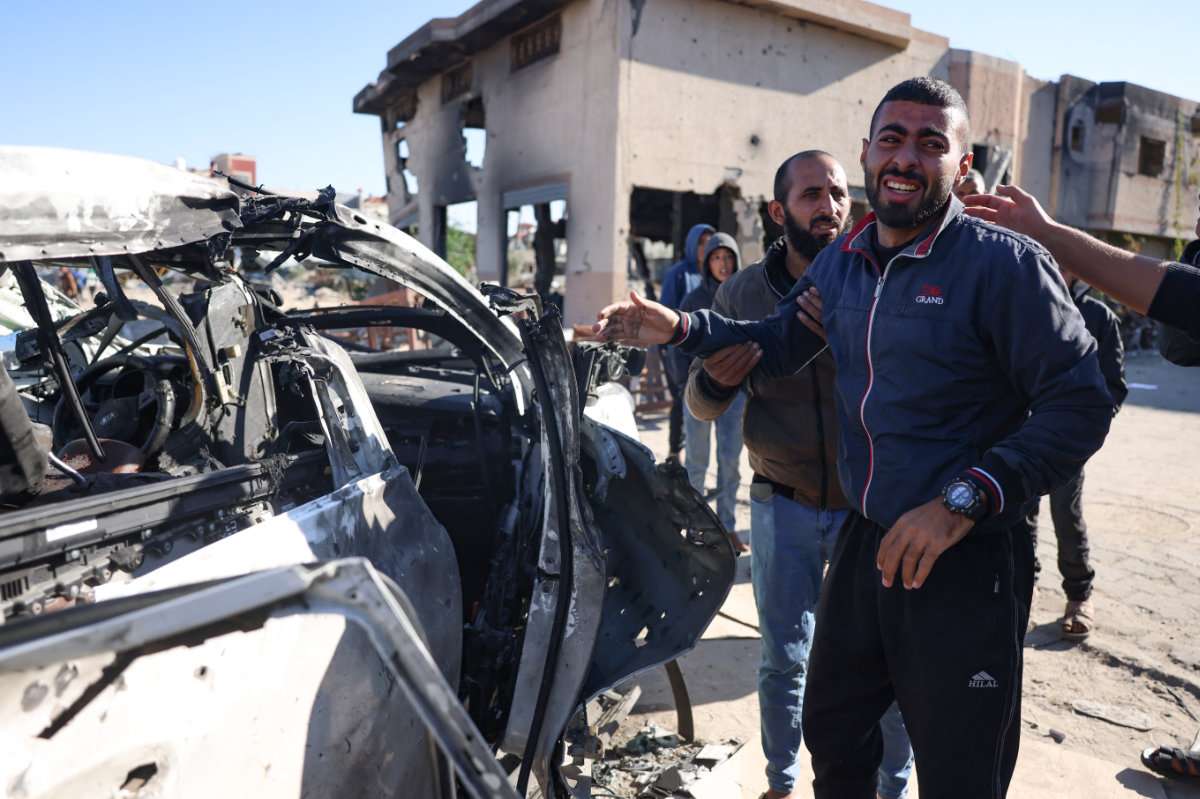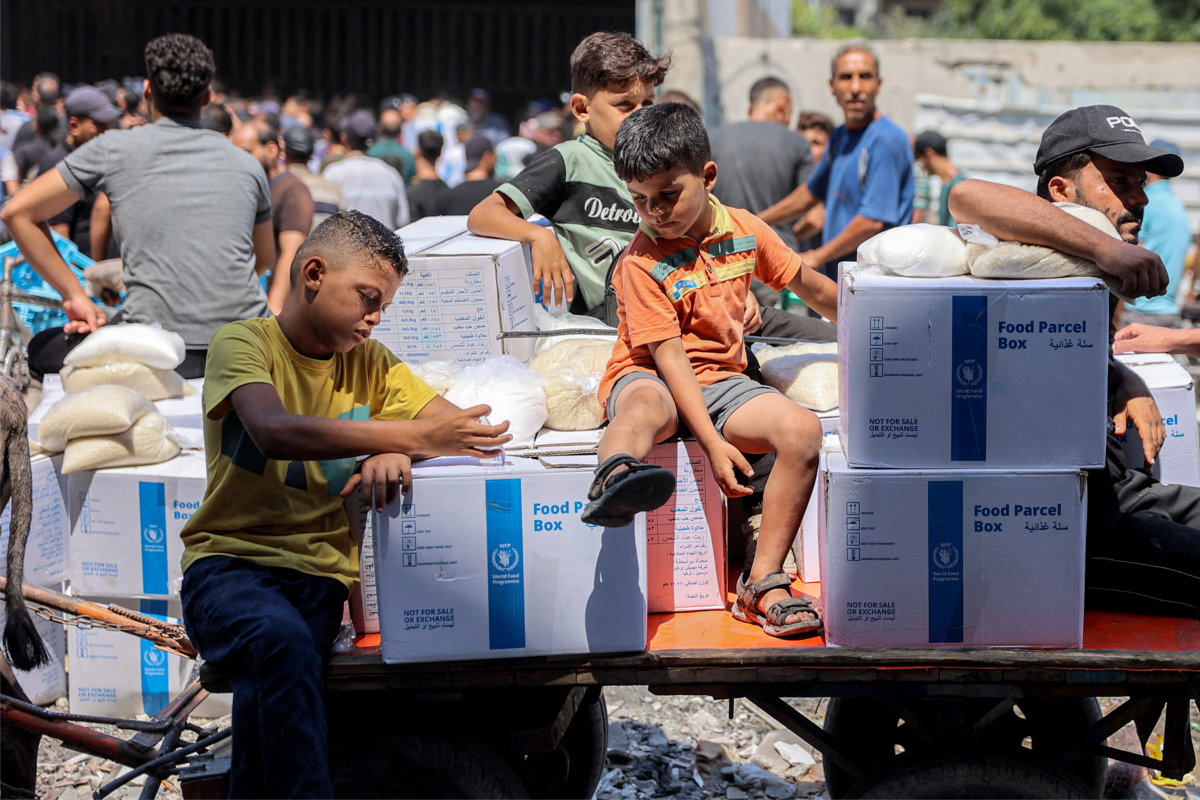BEIRUT: A day after thousands of handheld pagers used by members of Hezbollah in Lebanon to communicate with each other exploded simultaneously, the death toll from attack has risen to 12, Lebanese Health Minister Firas Abiad said on Wednesday.
Two children and a woman were among the dead, he added, and the number of people in critical condition in hospital has increased to 300. Hezbollah and Lebanese authorities accuse Israel of carrying out the attack.
A medical source told Arab News that Hezbollah-affiliated Al-Rassoul Al-Aazam Hospital alone has treated 400 injuries out of approximately 2,800 caused by the pager explosions, and St. George Hospital, also linked with Hezbollah, reported 30 cases.
The injured at the hospitals included medical staff, nursing personnel and administrative workers who had pagers. As a result, Al-Rassoul Al-Aazam had to close its doors to other patients while it focused solely on treating injured members of staff. One of its nurses was reportedly among the dead.
Meanwhile other hospitals, of which there are about 100 across the country, the health minister said, faced significant pressure as they attempted to cope with floods of hundreds of patients injured in the explosions.
The medical source exclusively revealed to Arab News that “all the injured individuals presented alternative names instead of their real identities at the hospitals. Some of the injured sustained burns and were transferred to Geitawi Hospital, the only specialized burns hospital in Beirut.”
The source added that a majority of the patients sustained eye injuries and hundreds of them needed emergency surgery. Many of these operations were carried out at a specialist eye hospital in Beirut’s National Museum area, where surgeries continued late into the night on Tuesday.
Ophthalmologist Elias Jradi, who is also an MP, said he “remained in the operating room performing continuous operations for more than seven hours.”
On Wednesday, Abiad said 460 operations were carried out on people injured by the pagers, who suffered various types of injuries affecting “the eyes, head, chest, waist and legs. The fingers and hands of some of the injured who were holding the pagers at the time of their explosion were amputated.”
He added that 750 people were injured in the south of the country, 150 in the Bekaa region, and 1,850 in Beirut and its southern suburbs.
The Iranian ambassador to Lebanon, Mojtaba Amani, sustained facial injuries in the attack and was receiving treatment. Members of Hezbollah in Syria were also injured and treated in hospitals there.
For a second day, urgent calls for blood donations to help treat the injured continued on Wednesday. Meanwhile, accounts of the chaos and confusion that followed the attack continued to emerge.
Hussein, who helped to transport the injured in the southern suburbs of Beirut to the American University Hospital, said: “The scene in the street was terrifying; young people were bleeding and no one understood the cause. Some who were unaware of the situation mistakenly believed that these youths were suicide bombers who had detonated themselves. It was a state of utter chaos. I returned home late, feeling defeated, broken and psychologically shattered.”
Speculation grew in the 24 hours after the attack about the circumstances surrounding the explosions, fueled by media reports and leaked information from Lebanese security agencies, as well as sources in Israel and the US.
Reuters reported that “Mossad planted small quantities of explosives within 5,000 Taiwanese-made pager devices that Hezbollah had ordered months prior to the explosions that occurred. It appears that the conspiracy took several months to prepare.”
The devices carried the logo of Taiwanese company Gold Apollo and the shipment arrived in Lebanon in the spring. However, the company denied that it manufactured the pagers involved in the attack. It said they were made by a separate company in Hungary that had simply licensed the use of the Gold Apollo brand.
Reports suggested that Mossad managed to modify the devices during production by adding between 1 and 3 grams of explosive to the circuit boards. Such a modification would have been extremely difficult to detect, even using scanners. It is believed that an encrypted message triggered the detonation that caused about 3,000 pagers to explode simultaneously.
Hezbollah uses pagers because they are more difficult to track and monitor compared with more sophisticated smart communications devices, to which Israeli authorities have managed to gain access in recent months to target party members.
Citing information provided by intelligence sources, news website Al-Monitor reported: “Israel carried out the attack after it gathered information that Hezbollah suspected the pagers were compromised, prompting Israel to execute the detonation plan before it was too late.”
The sources added: “The original plan was to detonate the devices in case a full-scale war was to happen, in order to have a strategic advantage.”
The situation along the southern Lebanese front remained relatively calm on on Wednesday. Meanwhile, Iraq and Jordan sent medical supplies that arrived via Beirut airport. Aid workers affiliated with the Iranian Red Crescent also arrived in Beirut, as authorities in Iran accused Israel of “mass killing.”
The Russian Foreign Ministry said that the “collective detonation of communication devices requires an international investigation and interest.”
Belgium’s deputy prime minister, Petra De Sutter, said that “the attack against Syria and Lebanon is a brutal escalation of violence,” as she called for “an international investigation and an end to the bloodshed.”
Lebanese Prime Minister Najib Mikati received a telephone call from Iraqi President Abdul Latif Rashid, in which the latter expressed his country’s solidarity with Lebanon. Mikati received a similar message of support from Turkey’s minister of foreign affairs, Hakan Fidan.
Lebanon’s Ministry of Education and labor unions announced a nationwide shutdown following the attack.
Political figures from several parties and factions, including the opposition, visited the home of Hezbollah MP Ali Ammar to offer condolences following the death of his son in the explosions.
The National Disaster and Crisis Response Operations Coordination Committee was on alert in case of any further developments related to the incident.
Nasser Yassin, a government minister, said: “There is a shortage of ophthalmologists and eye surgeons. What happened yesterday was a real war.
“Discussions have mainly focused on housing, in case a new wave of migration takes place amid possible aggression expansion. We identified 100 schools that can be prepared for shelter. These are all potential scenarios that we have discussed to enhance our preparedness.”
On the issue of food security, Yassin said: “Lebanon’s food reserves are sufficient for more than three months, and a ship carrying 40,000 tonnes of wheat and flour is on its way.”



















